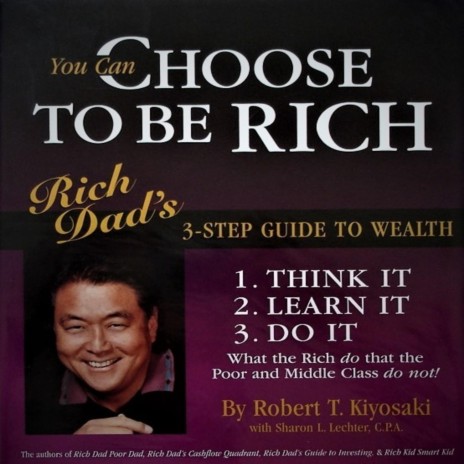
Max's Story Lyrics

- Genre:Acoustic
- Year of Release:2023
Lyrics
So, to get started, let's first review the case of Max.
Now, Max was one that was in Section 2, on page 2-37. If you'd like to take a moment and look back at that statement, Max, as you might recall, was a 27-year-old man.
He'd graduated from college with a degree in biology, but he ran out of money and loans before he could finish his graduate degree. So, he was stuck in a position where he couldn't advance without an advanced degree, and then he found out he hated his job.
Now, many of you today may be able to empathize with Max. You might be in a job that really doesn't give you any passion, but you need it. You need it to pay the bills. Well, Max certainly did need it to pay the bills.
Take a look at Max's financial statement. Now remember, Max set aside a day to pull this together.
First, on his income, he listed his earned income. Now, that is the gross amount that he made in his job.
What that means is how much he got paid before taxes. Many people confuse that with the amount they take home, which is net income. For our purposes, we're looking at the gross amount. That's earned income.
For Max, he didn't have any passive income, which would be income from real estate or from businesses, and he didn't have any portfolio income, which would be income from paper assets like interest, dividends, or royalties.
So, his total income was only his earned income.
Now, the next step is his expenses. What kind of expenses did he have?
Well, as you look at Max's case, he had a lot of expenses. Besides the taxes he paid, he had credit card payments, rent, car payments, and those dreaded school loans.
In fact, when you added up all of his expenses, his expenses were more than his income. This is a term that Rich Dad has called redlining. In other words, you're running that car right to the edge, and one little thing goes wrong, and it's all going to blow apart.
Now, in Max's case, each month he's short. In fact, they used to say you got too much month left at the end of the paycheck.
So, what did he do to solve this?
Max decided to change the withholding he had at work so he had less tax withheld each month. Now, that meant he had more money in his pocket to pay these expenses, but it also meant that there was a dreaded time coming: tax time. He was going to have to write a big check, but he was only worrying about today's problems and not thinking about tomorrow's, or at least not thinking about them too much.
Those expenses directly related to his liabilities.
As you look at his sheet, you can see for the credit card payments, which he was making just a minimum payment of $150 a month, he had a total debt of $10,000. That's the balance owed on that credit card. He had a car for which he had a total debt of $25,000, and he had a school loan of $50,000.
So, you can see the correlation between expenses and liabilities.
Also, if Max had had assets—remembering that the definition of an asset is something that puts money in your pocket—if Max had had true assets, he would have also seen a correlation between those items and passive or portfolio income. In his case, he didn't have that.
But what he did have was a doodad.
Interesting point: Look at the debt on the car he has: $25,000. Look at what the value of the car is: $20,000.
That must be a mistake, right?
No, I don't think so. How many of you out there have taken advantage of a great "zero, no money down" deal and driven it off the lot today?
Well, you run right down because it's the car of your dreams. You've been waiting for it, and it doesn't matter how much it costs. You know that your payment each month is only going to be $295, $395, and it's the car you've been wanting.
And now you can get it without making a down payment. Since you have no cash, now's the time to run down and get it. You run down and get it.
And you know that old saying: once you drive it off the lot, how much does it depreciate? About 30% in one day.
So, all of a sudden, you have a car that's valued less than what you owe on it. And poor Max here, I think, fits that bill.
Right.
And so, as Max gets the sad news, he finds that what he has are doodads. These are things that do not put money in his pocket. Assets put money in his pocket.
Now, his banker would say that that car is an asset, Diane, right?
**Diane:** Absolutely.
**Sharon:** So, if he pays that car off, does that make it an asset now?
**Diane:** Oh, absolutely not.
Let's talk again about Rich Dad's definition of an asset:
An asset puts money in your pocket. A liability takes money out of your pocket.
Now, let's talk about Max's car.
I don't see any income from the car, but I certainly see expenses. He has a car payment, gas, and insurance.
So, that asset that he calls an asset is doing what? It's not giving him money. It's taking money.
So, that's an asset that's really a liability.
And you know, we've already talked about this in the first two sections. The middle class buy liabilities that they think are assets. And that's exactly what Max has done here.
More Lyrics from Robert T. Kiyosaki Songs
-
Financial Education lyrics
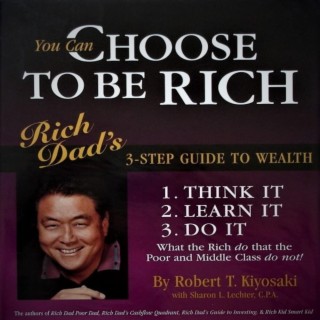
-
Cash Flow and Leverage lyrics

-
Introduction / Background lyrics

-
Choose To Be Rich lyrics

-
Don't Work For Money / Financial Literacy lyrics

-
Broke is Temporary lyrics

-
New Rules For The Information Age lyrics

-
Think Big / Think Small lyrics

-
What You Will Learn lyrics

-
Misconceptions About Being Rich lyrics

-
Your Ideas Are Your Reality lyrics

-
Generosity lyrics

-
Myths Of The Poor And Middle Class lyrics

-
The Importance of Numbers lyrics

-
Assets And Doodads lyrics
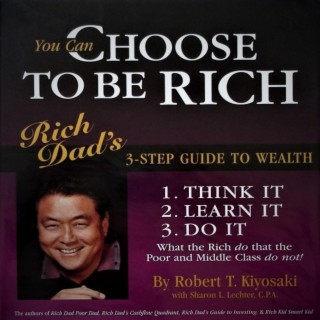
-
Analyzing Your Financial Statement lyrics

-
Cindy lyrics

-
Dale And Susie lyrics

Similar Songs
-
Relevance
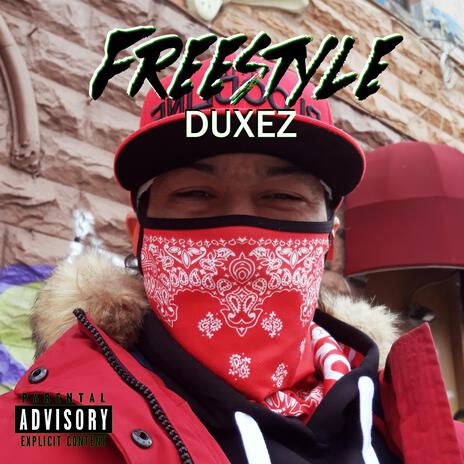
-
Move Body
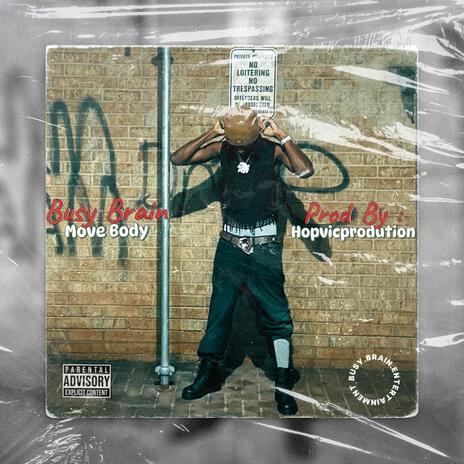
-
Feelings

-
Weekend Cruise

-
Off topz

-
PAU23

-
E Dey Pain Me
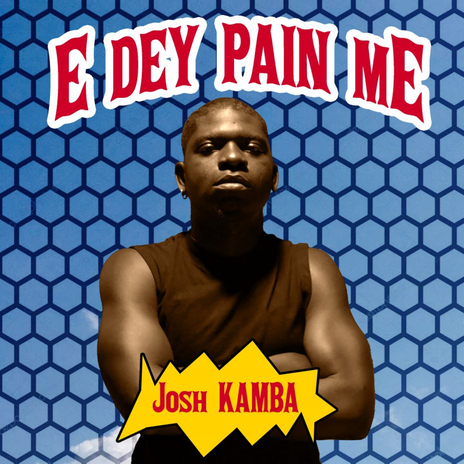
-
ghetto hard rockz freeestyle 2
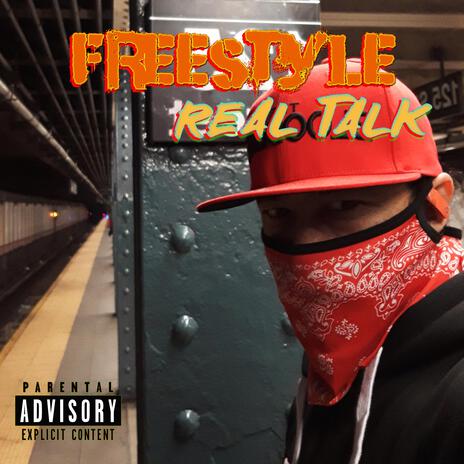
-
dark drill vibez freestyle

-
Ghetoarmz

-
Wale Wale
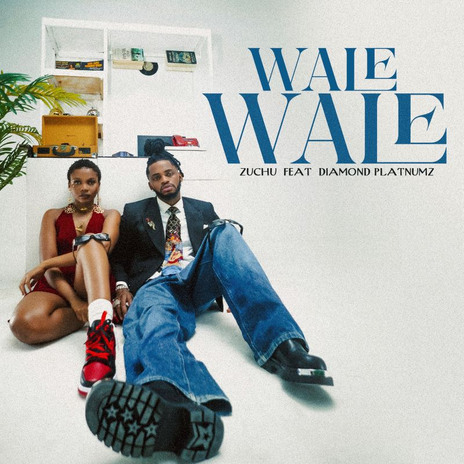
-
We Move

-
You are the Almighty God (English)

-
Idan (Vibez & Tunes Freestyle)

-
Jazz Me

-
it's yours
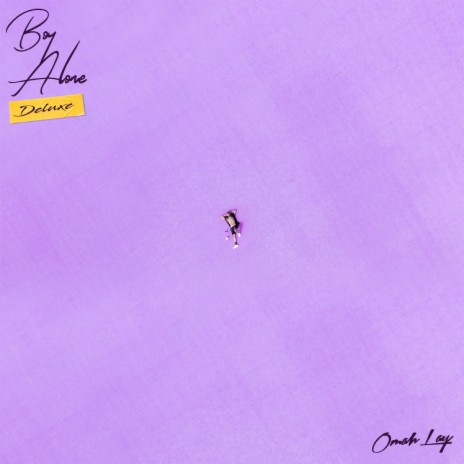
-
Yahweh Sabaoth

-
Ain't a Thing

-
E Dey Flow ft. Neeja, A-Jay Asika, Festizie, S.O.N Music & Chizie

-
Mwizi

